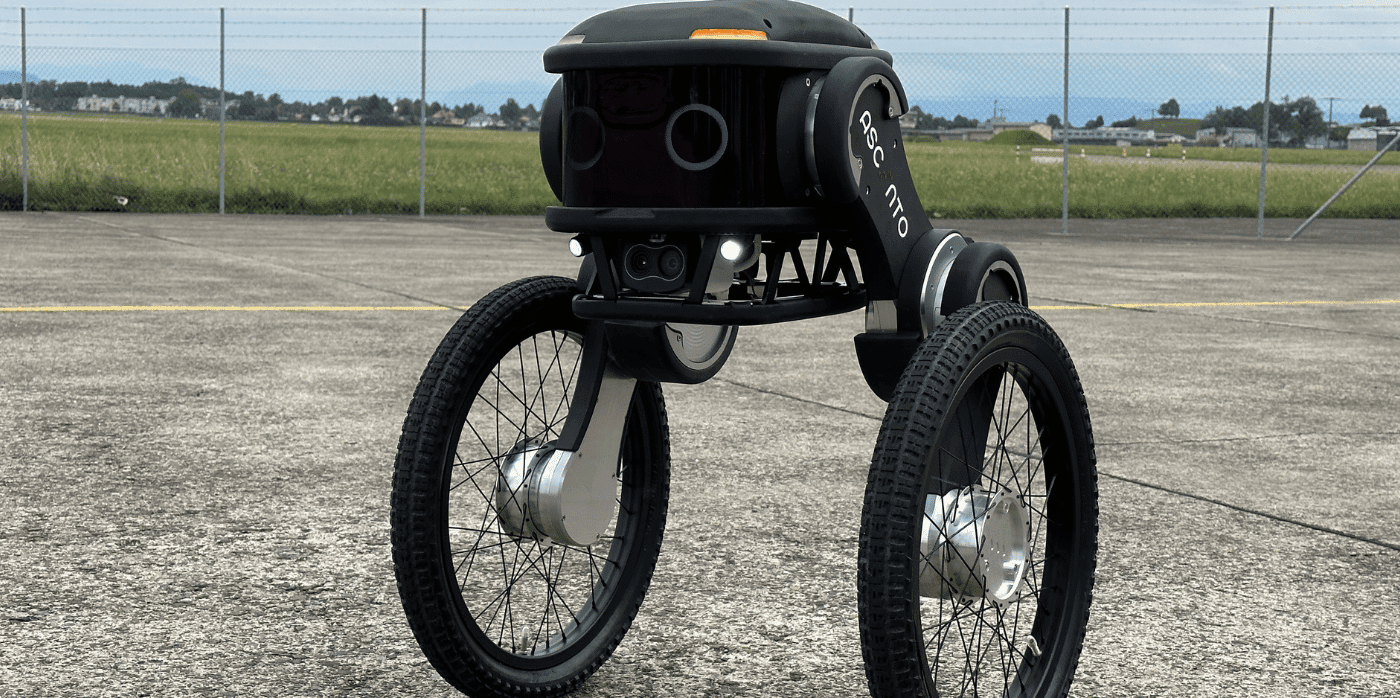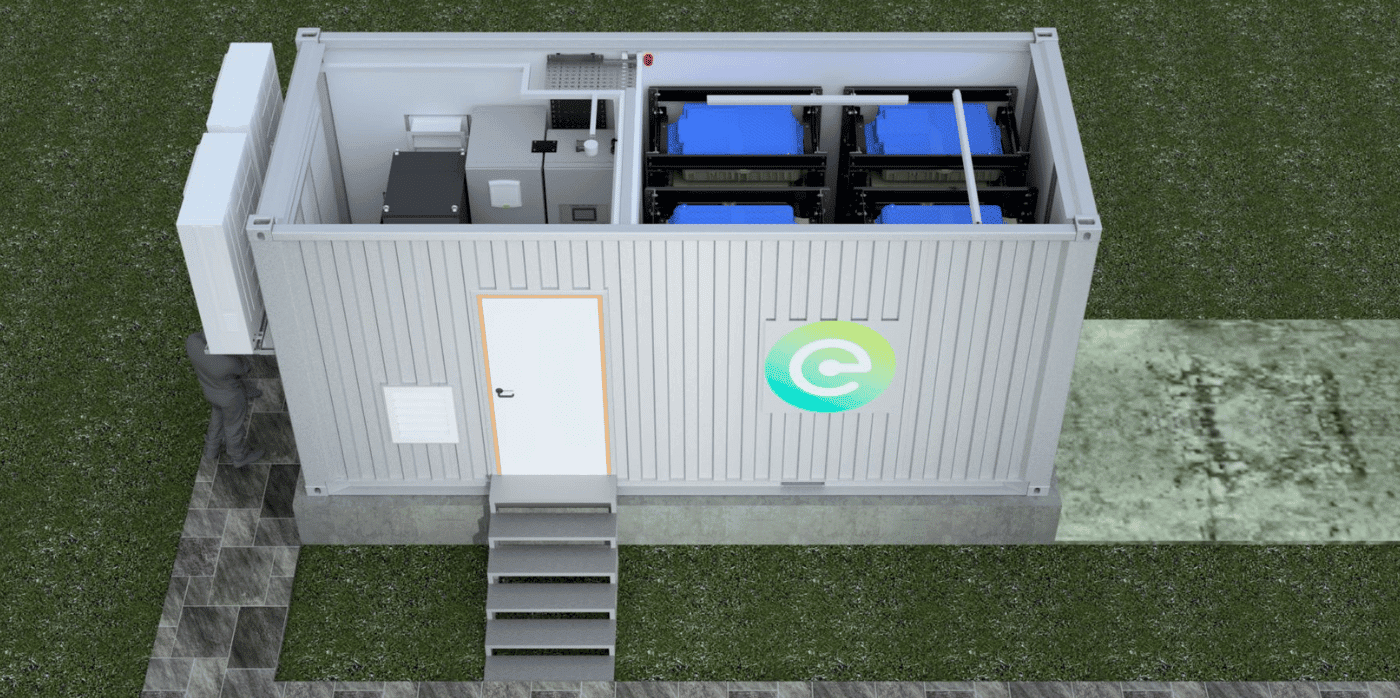Two-wheeled robots for on-site security

Spotted: The global security industry is growing rapidly – worth around $113 billion (around €108 billion) in 2022, the global physical security market is projected to reach almost $210 billion (around €200 billion) by 2032. However, at the same time, there is a growing shortage of security workers.
One way to plug the labour gap is with robots, and Ascento is one company that is hoping to do just that. Ascento has developed autonomous, wheel-legged Ascento Guard robots that are designed to navigate any terrain. Because it’s all-weather capable, it can help secure outdoor warehouses and campuses, as well as outdoor venues.
Ascento Guards can detect unwanted people on premises, verify perimeter integrity, check that doors and windows are closed, record property lights, identify floods and fires, and control parking lots. Using artificial intelligence (AI), the robot analyses videos and creates reports, integrating with existing video management systems. Helpfully, the Guard can be installed and deployed in just a few hours and can be hired by the hour, just like human guards.
At the same time as announcing the release of the Guard, Ascento also reported the completion of a $4.3 million (around €4 million) pre-seed funding round, led by Wingman Ventures and Playfair. According to the company, new customers are signing up every month and its fleet mileage has grown by more than 70 per cent month-on-month since the start of 2023.
Robotic guards join a wide number of innovations in robotics spotted in the Springwise archive, including robots that can pack produce and provide mobile, on-demand electric vehicle (EV) charging.
Written By: Lisa Magloff





